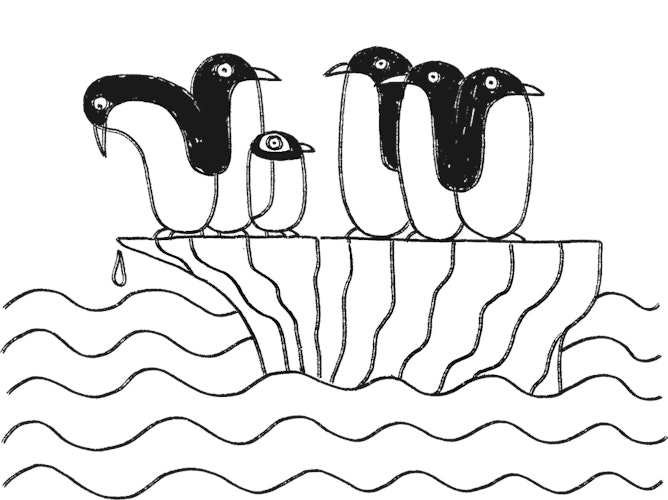Thank You for the Rain
Directed by
For more than five years, Kisilu, a small landowner in Kenya, uses a camcorder to document the effect of climate change on the life of his family and his country. Hence floods, droughts and high human costs, children leaving school because their parents can’t afford the fees, men moving to towns and cities in search of work and growing family tensions. When Kisulu meets Julia Dahr, the Norwegian filmmaker, in the course of a violent storm, we see him turn from father to leader of a community of stricken farmers and world activist. Their message of hope invades the 2015 Paris Climate Conference and sheds light on the many solutions to seek justice and solutions.
In-depth analysis
About the Movie Thank You for the Rain
Global meteorological models are changing rapidly, recording the progressive increase of floods and droughts. The populations that these phenomena hit hardest and the ones that depend on agriculture as their main means of subsistence. They account for more than 40% of the world’s population and are made up largely of families often forced to leave their lands in search of a new beginning.
The climate challenge is thus huge even for those who make every effort to avoid poverty and immigration. The testimony of Kisilu, who is determined to implement practices such as agroforestry and crop diversification, is emblematic. His local community has even introduced table banking for when the harvest fails and the rainy season arrives late. Aid groups have been set up to teach climate-resistant agricultural techniques. Some years ago, these groups persuaded the government to build an irrigation system to improve the harvest in collectively farmed fields. Their dream is to expand and develop a cooperative system to produce an advantageous income for the whole community. Basing themselves on this work, the Ford Foundation, the Heinrich Foundation and the Bertha Böell BRITDOC Connect Fund are collaborating with Kisilu to expand this model to farming communities in East Africa. Here Kisilu continues his commitment as an activist by promoting workshops, seminars and discussions on the adaptation of agricultural practices to climate change.








